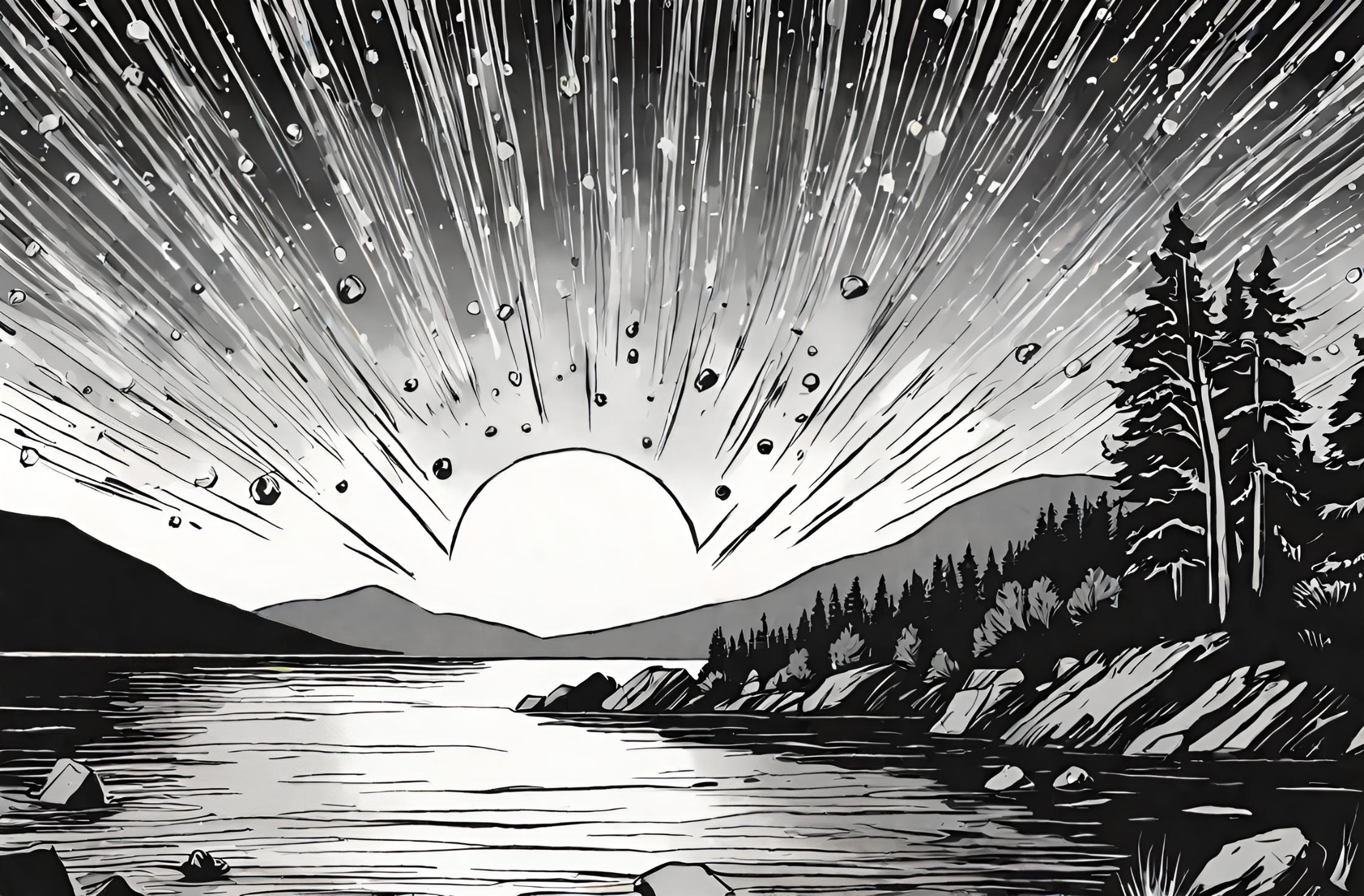Flashback to July 14
World History

1943
The second session of AVNOJ, the Anti-fascist council of national liberation of Yugoslavia, is held in Jajce, Bosnia and Herzegovina, determining the post-war ordering of the country.
Read moreDedicated to the preservation of history, today we will be exploring the pivotal event that marked a turning point in the future of Yugoslavia under the leadership of the Anti-fascist Council of National Liberation of Yugoslavia, commonly known as AVNOJ. This piece, we focus on the second session of AVNOJ, held in Jajce, Bosnia and Herzegovina on November 29, 1943. The decisions from this important session set the stage for the post-war ordering of the country.
The historical significance of this event is immense. It was during this meeting that the cornerstone was laid for what quickly became the Socialist Federal Republic of Yugoslavia. Amidst the chaos of the Second World War, the pressing need for a united stand against fascism birthed AVNOJ. Tracing this historical trajectory offers insight into how Yugoslavia emerged from war to become a socialist federation.
Startlingly, even in the midst of the World War II, the need for comprehensive planning for a post-war Yugoslavia was already keenly felt. The second session of AVNOJ was convened in Jajce, a backdrop that further emphasizes the cataclysmic times in which these decisions were being made. The session made critical determinations on power distribution and control, glorious steps intended to ensure successful co-existence in Yugoslavia post-war.
Against the backdrop of Jajce’s ancient fortress, strategic discussions were held, and crucial measures were agreed upon. The first of these was the establishment of the National Committee of Liberation, which was to act as a temporary government. The importance of this decision cannot be overstated. It marked the official transfer of power from the monarchy of Peter II to a new entity determined to preserve the country’s unity and autonomy.
The second key point agreed upon during this session was the recognition of ethnic equality within the federation. Since Yugoslavia is a multinational country, it was necessary to construct a system that would inherently respect the diversity and the rights of all the individual nationalities. This innovative framework allowed for a harmonious coexistence amongst the nations and was a critical shift from the pre-war period.
The decisions made during the second session of AVNOJ further emphasised the significance of people’s power. It was here, in Jajce, where the groundwork for a socialist federation was set, fostering a collective vision of a post-war Yugoslavia that would stand strong amidst a war-ravaged Europe.
Without a doubt, the role played by AVNOJ in charting the future of post-war Yugoslavia is momentous. The second session in Jajce is not just an important event in the annals of history but a catalyst that was pivotal in shaping the political and social scenario of Yugoslavia for years to come. After the war, Yugoslavia stood strong, better able to weather the many political and socio-economic storms that persisted in post-war Europe, thanks to this crucial gathering.
the Jajce session of AVNOJ holds its own significance in the historiography of Yugoslavia. It shows the determination of a nation to rise from the ashes of war and build a federation rooted in equality and ambition for social progress. Today, this remains a key event in the political evolution of this region, shedding light on the socio-political dynamics that shaped post-war Yugoslavia.
Remembering the second session of AVNOJ serves as a reminder of the power of collective action in the face of adversity. As we look towards the future, let us remember the past with both reverence and understanding to better navigate the path that lies ahead for us all.
We strive for accuracy. If you see something that doesn't look right, click here to contact us!
Sponsored Content

Storming of the Bastille
Experience the pivotal "Storming…

A meteor explodes over…
On July 14, 2006,…

Citizens of Paris, France,…
On July 14, 1789,…

Gleichschaltung: In Germany, all…
On 7/14/1933, Germany saw…

Tokyo Disneyland welcomes its…
On 7/14/2000, Tokyo Disneyland…

George Speight, the principal…
On July 14, 2000,…

